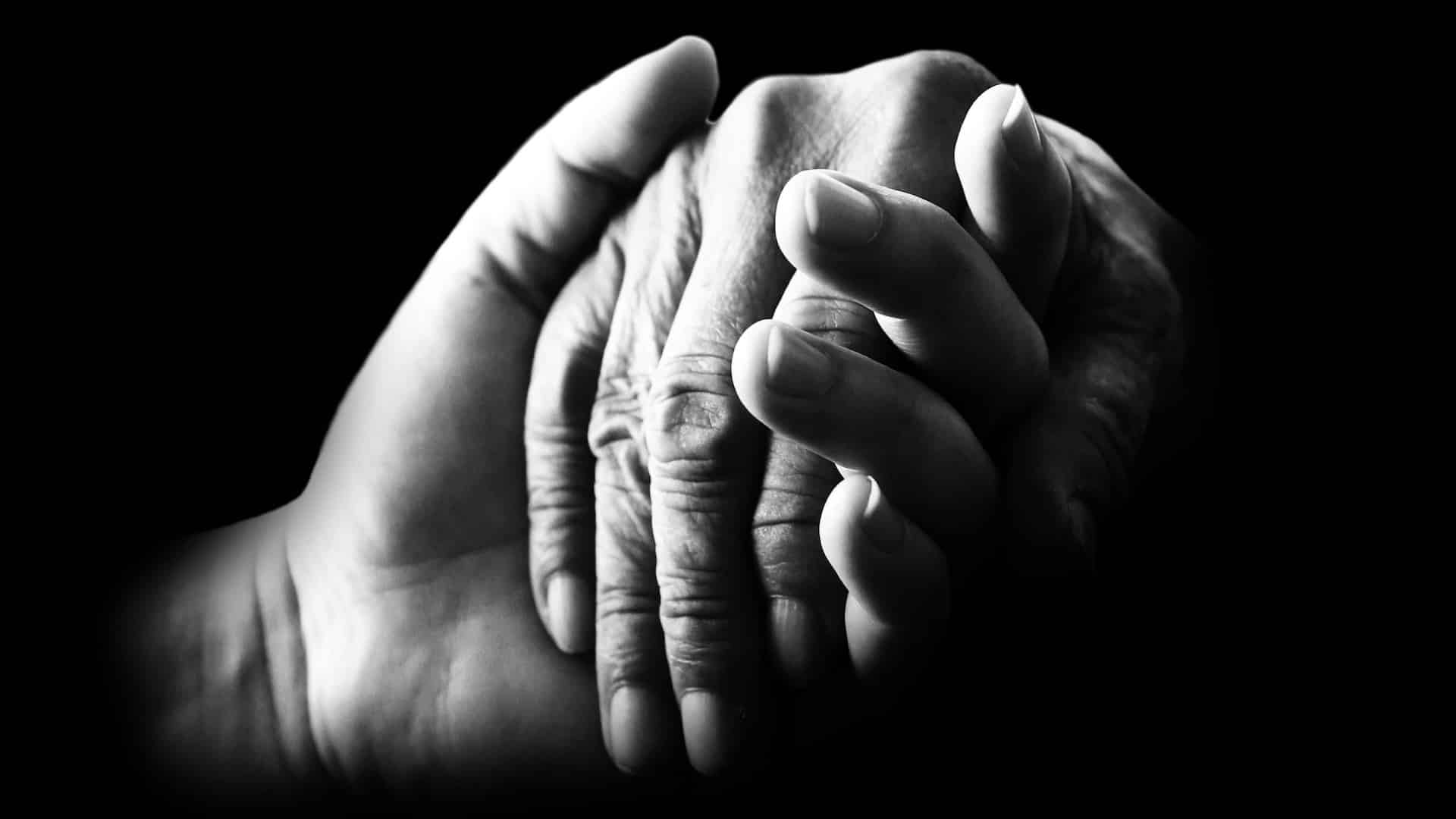During Question Period last week, MLAs grilled the government on the low-wage redress package offered to some workers in the social care industry. As of April 1, unionized social care workers will receive a bump in their wages beyond the standard 2% increase.
This wage increase is welcome because social care workers make low wages for the work they do. Their work is both important and difficult. They are an overworked and under-appreciated sector of our society. The problem with the wage increase is that only unionized workers get it — non-unionized workers do not get the increase, even when they might be doing the same work and work for the same company.
Many BC Liberals stood in Question Period and asked why this was so and tried to get in criticisms of how the government handled the issue. I stood in Question Period and asked for an answer “that doesn’t pivot to the last 16 years. I want the Minister of Social Development to please explain why the $40 million low-wage redress agreement couldn’t also be applied to non-unionized non-profits?” There was no answer forth coming. Just more of the same.
The simple answer to our questions about inequality is that low-wage redress was negotiated as a benefit in a new collective agreement that came into force on April 1st. Seemingly, that is a perfectly reasonable explanation.
“FOR 16 YEARS…”
But instead of providing this answer, Minister after Minister stood and used the questions to attack the past 16 years of poor management from the former government. These political answers did not move low-wage workers forward. Nor do they address the inequality of one set of workers getting increases while the other set gets nothing.
Giving unionized workers low-wage redress, an extra pay bump while ignoring the non-unionized worker is unfair. This decision has now created two classes of workers. This is unfair to the workers who in many cases are doing the same work. In addition, it could have impacts on the quality of service we provide to some of the most vulnerable people in our society.
It’s unclear if this was an honest mistake or intentional. Did the government simply overlook the potential cruel consequences on clients who in many cases cannot stand up for themselves? Or, is this a gentle nudge to the non-unionized workforce that they could also get a sweeter deal by organizing?
Don’t politicize neglect, fix it!
The responses to questions last week were weak. Raging about the state of the industry and the level of disrepair from 16 years of neglect does nothing to fix it. This should not be a politicized issue. This issue is not a BC NDP/BC Liberal thing.
To be clear, I am glad we are raising wages in the social care industry. Unfortunately, the government has decided to create two different classes of workers in the process. Instead, they should implement fair wage policies that would ensure workers get equal pay for equal work.
It is time to stop politicizing issues like this into NDP/Liberal squabbles. The fix we need here is to stop trying to gain political points over each other and ensure all workers receive equal pay for equal work.
Image by James Chan from Pixabay


0 Comments